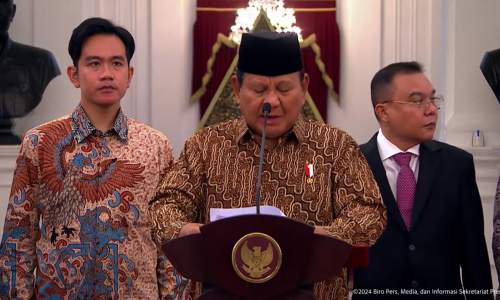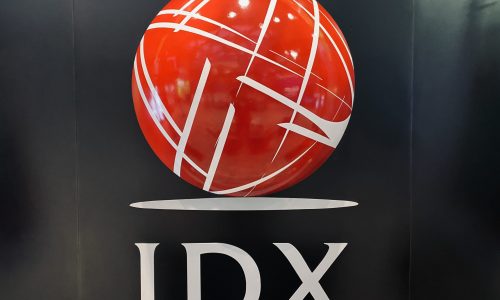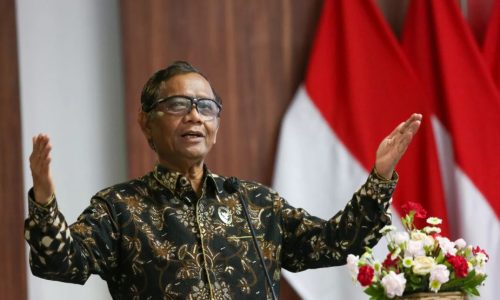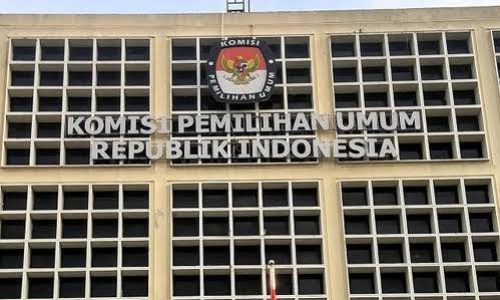Legal and business experts have suggested the establishment of legal umbrella for policy executors within the country’s State-owned Enterprises (SOEs) − a paramount backbone behind the government’s ambitious 8-percent economic growth target − in order to help them avoid legal sanctions for taking a wrong direction against or misinterpretating government policies.
In a seminar co-organized by the Faculty of Economy and Business, University of Indonesia, the Indonesia Strategic Management Society (ISMS) and the Indonesian Accountants Association (IAI) in Jakarta on Thursday, November 7, 2024, experts and academics from various fields discussed how mergers and acquisitions (M&A) and legal reform are key to strengthening the role of SOEs in advancing the Indonesian economy.
They highlighted the important role of M&A in strengthening the position of SOEs, which currently manage assets worth Rp10,402 trillion (US$666.7 billion). SOEs play a strategic role in key sectors, such as infrastructure, energy, and transportation, but legal uncertainty and governance challenges are the main obstacles for SOEs in performing their tasks.
With strong legal support and clear regulations, the M&A strategy will allow SOEs to expand their market shares, increase their operational scale, and strengthen their competitiveness at the international level.
Rhenald Kasali, Professor of management at the University of Indonesia, expressed his concern over legal uncertainty that has increased doubts among SOE executives in making decisions.
“We need clear regulations to separate strategic business policies from acts of corruption. This is important so that SOEs can focus on long-term goals without worrying about legal risks,” Rhenald said.
Hikmahanto Juwana, Professor of law at the University of Indonesia, cited the importance of Business Judgment Rule (BJR) as legal protection for SOE executives in making decisions.
“Business Judgment Rule should help rational decision-making without fear of being criminalized, but in practice it is often not considered. Harmony between regulations is needed to ensure legal certainty for business actors,” Hikmahanto, who also spoke at the seminar, told Indonesia Business Post.
He suggested that the government and law enforcers should learn from other countries whose SOEs’ contributions to their economy are relatively large, such as Temasek in Singapore or Khazanah in Malaysia.
“There are a lot of projects being run by foreign companies. It is not impossible that some of the projects, whose terms and conditions were set in the past, will incur additional costs throughout the process. If it happens, there will definitely be losses in our State budget,” Himahanto said.
“Can these losses be prosecuted? We must understand the context in policy making. Those who conduct audits and inspections use today’s glasses to see past events or policies. That is the message that I would like to convey so that Indonesia can truly be like Singapore which has Temasek or Malaysia which has Khazanah,” he suggested.
Meanwhile, business and legal practitioner Amien Sunaryadi highlighted the importance of legal reforms so that the measures taken by SOEs are safe from the risk of criminalization.
“The President has wanted an economic growth of eight percent and we need legal reforms so that M&A policies can run without legal obstacles. Without legal certainty, important decisions are often delayed due to fear of legal sanctions,” Amien, who is former Deputy Chairman of the Corruption Eradication Commission (KPK) and former Head of the Upstream Oil and Gas Regulatory Task Force (SKK Migas) said.









